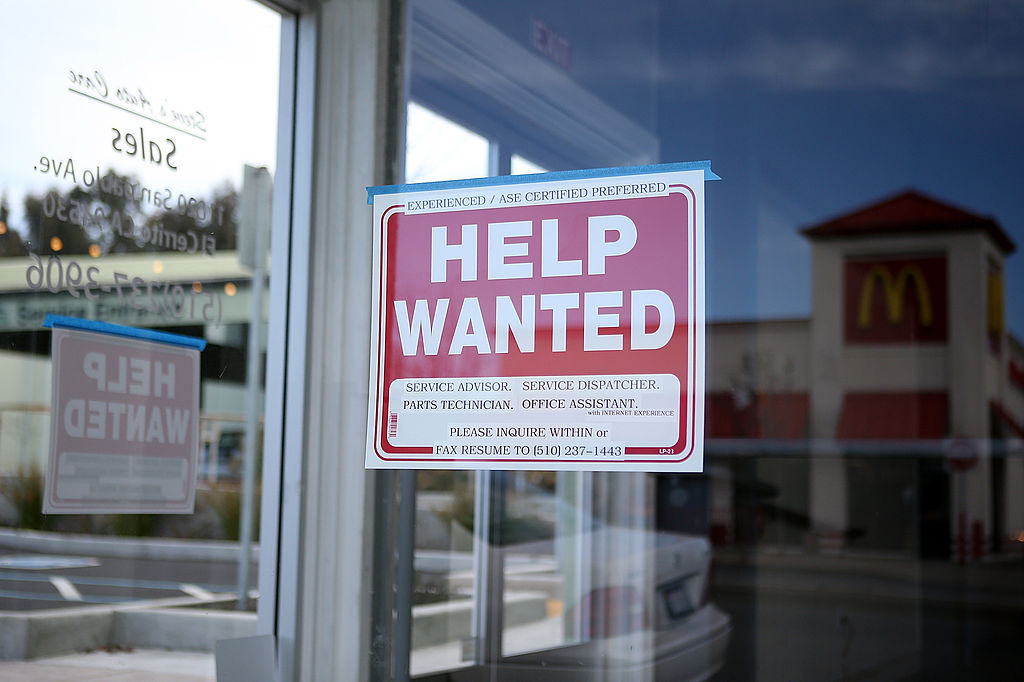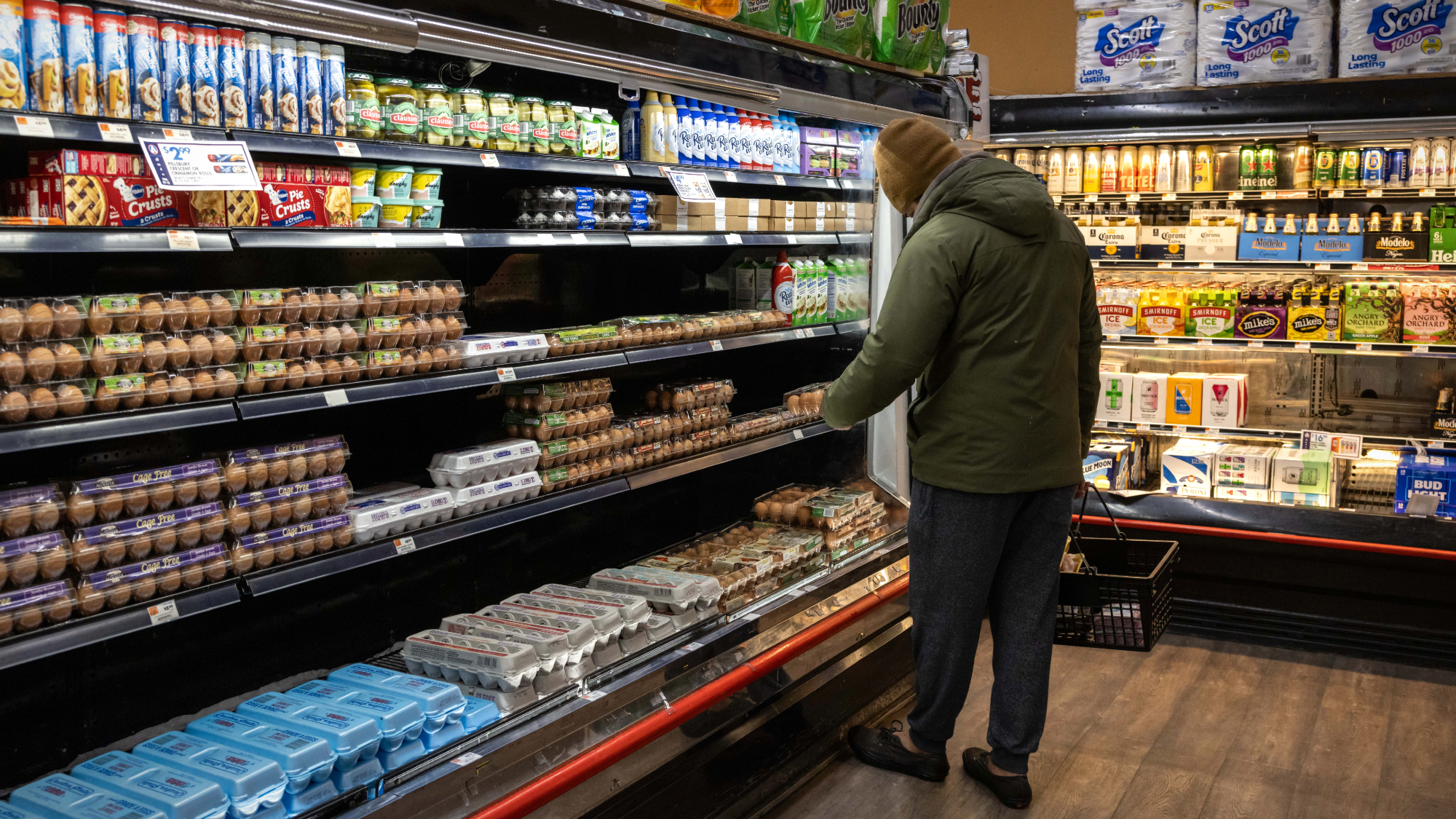Some 3.5 million Americans rose above the poverty line in 2015


In 2015, 3.5 millions Americans climbed out of poverty as the U.S. poverty rate fell by 1.2 percent, the sharpest annual decline since 1999, The New York Times reports, citing new U.S. Census data. No state reported an increase in poverty — typically defined as making less than $24,300 a year for a family of four — and 23 states saw a notable improvement in 2015. Preliminary evidence indicates that the positive trend has continued in 2016, though not as robustly. The black and Hispanic communities still have the highest poverty rates — 24.1 percent and 21.4 percent respectively, versus 13.4 percent overall and 9.1 percent for whites — but they also experienced the sharpest drops in poverty in 2015, the Times reports.
The big drivers of the decrease in poverty were the 2.9 million net new jobs, increased hours for part-time workers, and rising wages due to higher minimums in some large cities and states and increasing competition for labor, plus some effective local and federal back-to-work programs. "It all came together at the same time," business economist Diane Swonk tells the Times. "Lots of employment and wages gains, particularly in the lowest-paying end of the jobs spectrum, combined with minimum-wage increases that started to hit some very large population areas." At the same time, some 43 million Americans, including 14 million children, are still classified as poor. You can read more about the good and the bad at The New York Times.
A free daily email with the biggest news stories of the day – and the best features from TheWeek.com
Subscribe to The Week
Escape your echo chamber. Get the facts behind the news, plus analysis from multiple perspectives.

Sign up for The Week's Free Newsletters
From our morning news briefing to a weekly Good News Newsletter, get the best of The Week delivered directly to your inbox.
From our morning news briefing to a weekly Good News Newsletter, get the best of The Week delivered directly to your inbox.
Peter has worked as a news and culture writer and editor at The Week since the site's launch in 2008. He covers politics, world affairs, religion and cultural currents. His journalism career began as a copy editor at a financial newswire and has included editorial positions at The New York Times Magazine, Facts on File, and Oregon State University.
-
 US to take 15% cut of AI chip sales to China
US to take 15% cut of AI chip sales to ChinaSpeed Read Nvidia and AMD will pay the Trump administration 15% of their revenue from selling artificial intelligence chips to China
-
 NFL gets ESPN stake in deal with Disney
NFL gets ESPN stake in deal with DisneySpeed Read The deal gives the NFL a 10% stake in Disney's ESPN sports empire and gives ESPN ownership of NFL Network
-
 Samsung to make Tesla chips in $16.5B deal
Samsung to make Tesla chips in $16.5B dealSpeed Read Tesla has signed a deal to get its next-generation chips from Samsung
-
 FCC greenlights $8B Paramount-Skydance merger
FCC greenlights $8B Paramount-Skydance mergerSpeed Read The Federal Communications Commission will allow Paramount to merge with the Hollywood studio Skydance
-
 Tesla reports plummeting profits
Tesla reports plummeting profitsSpeed Read The company may soon face more problems with the expiration of federal electric vehicle tax credits
-
 Dollar faces historic slump as stocks hit new high
Dollar faces historic slump as stocks hit new highSpeed Read While stocks have recovered post-Trump tariffs, the dollar has weakened more than 10% this year
-
 Economists fear US inflation data less reliable
Economists fear US inflation data less reliablespeed read The Labor Department is collecting less data for its consumer price index due to staffing shortages
-
 Crypto firm Coinbase hacked, faces SEC scrutiny
Crypto firm Coinbase hacked, faces SEC scrutinySpeed Read The Securities and Exchange Commission has also been investigating whether Coinbase misstated its user numbers in past disclosures



